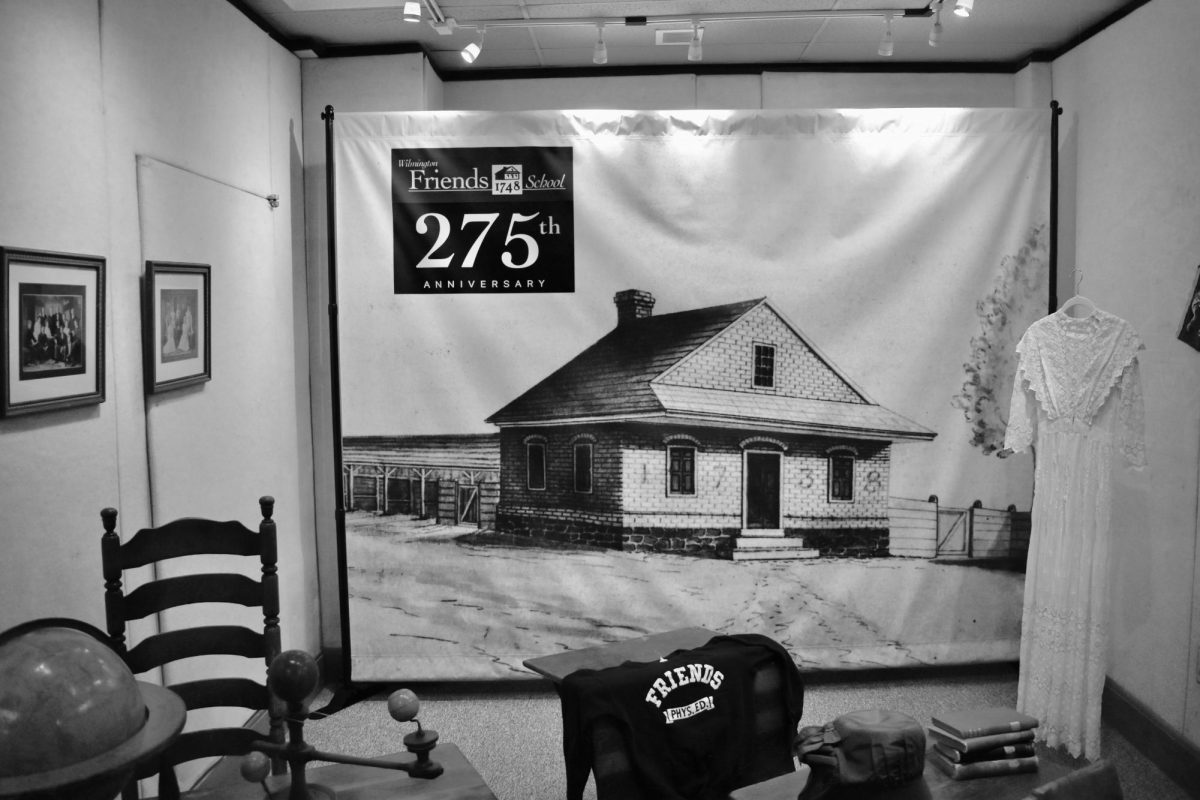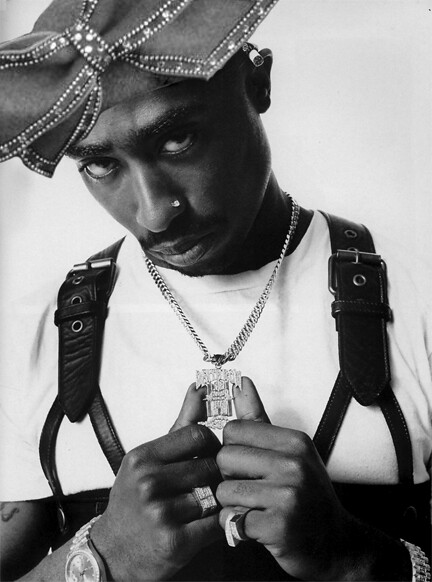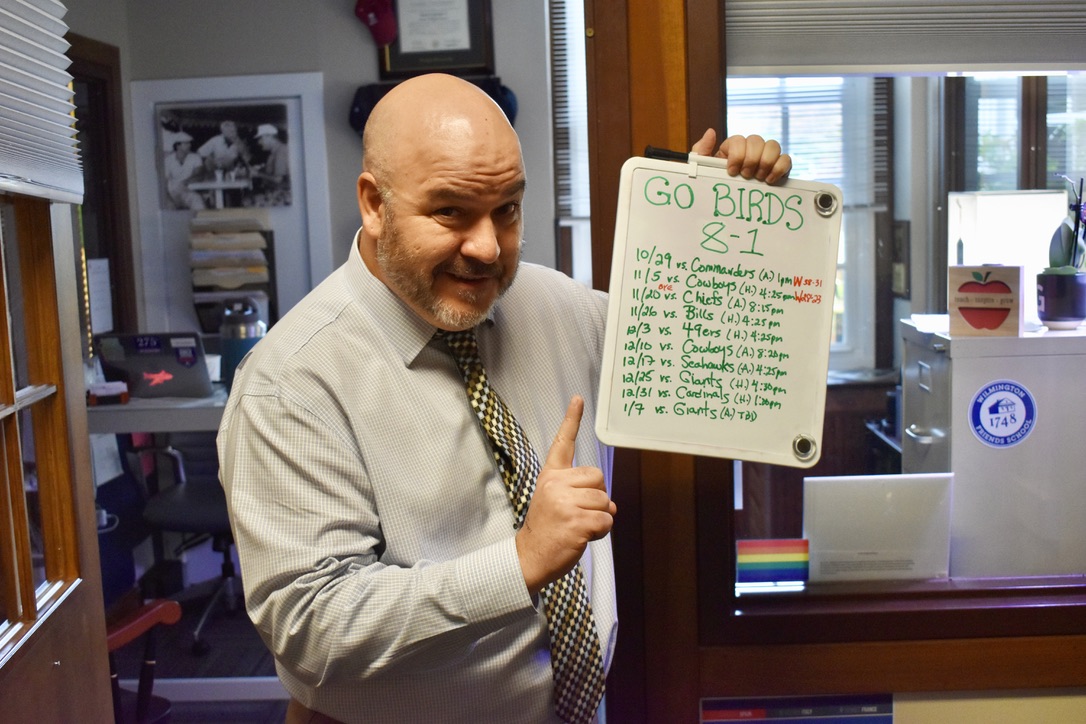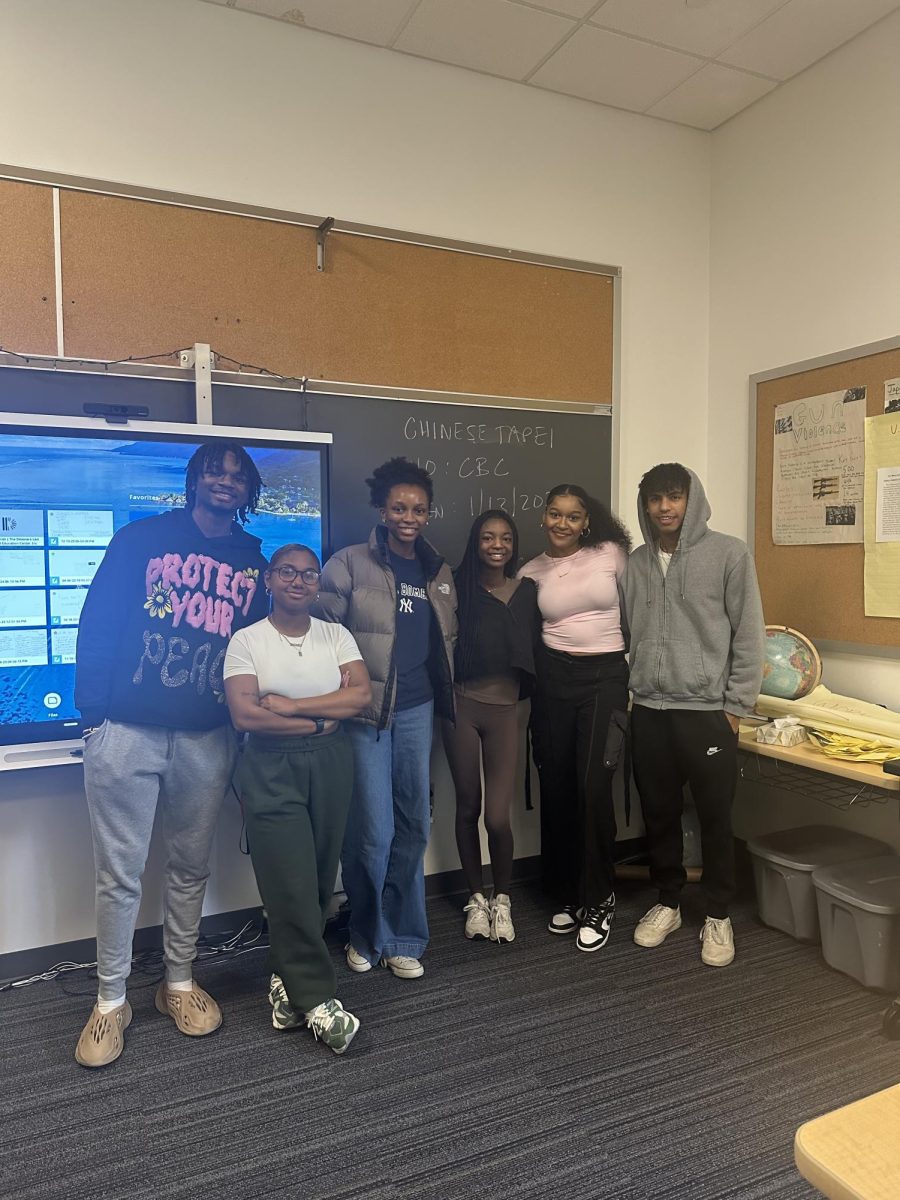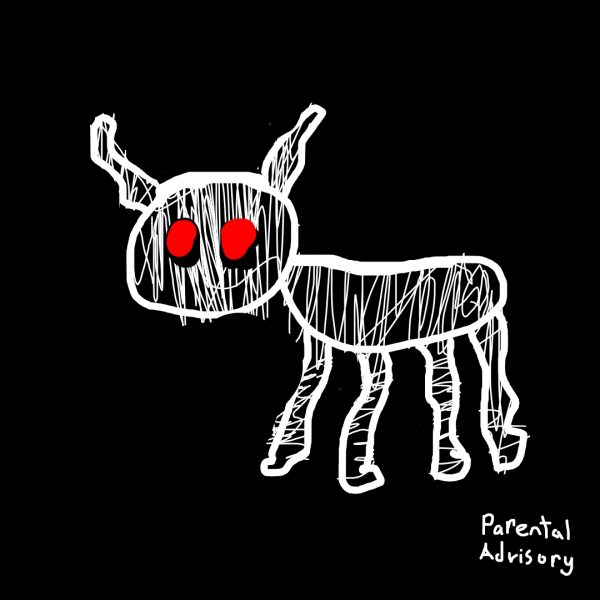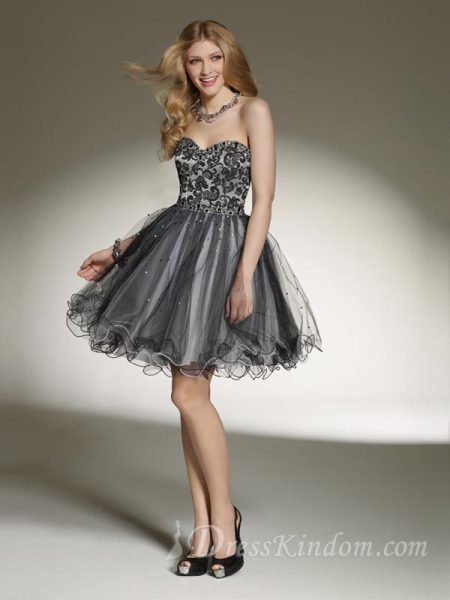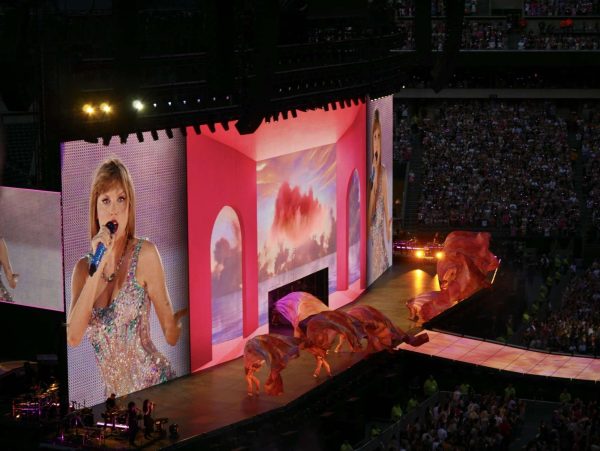Totally “Flawless”
March Issue: Social Justice
Social justice has been appearing in Pop music more and more each day. Whether it’s one subtle lyric, or an entire album, artists are sharing their views on racism, feminism, sexuality, in hopes that they will make an impact on listeners. In a 2014 speech about social justice awareness, Beyoncé, stated, “Social justice upholds freedom and equality for all people disregarding race, gender, age and/or social status.” Of course, the statements being made by popular singers are met with mixed opinions. Overall, many artists have chosen to make their music about something bigger than themselves.
Peace, or lack thereof, is a common theme in music of many different genres. One could argue that singer John Lennon started the trend with his release of “Imagine” in 1971. In the song, Lennon sings about wishing that nobody felt pain or sorrow, and his idea that one day there would be peace all around the world. Many were instantly moved by Lennon’s simple but beautiful lyrics. Still, some religious groups took offense to the song, particularly a line where Lennon sings, “Imagine there’s no heaven.” In an interview shortly after, Lennon described his song as “Anti-religious, anti-nationalistic, anti-conventional,” and “anti-capitalistic,” adding, “but because it is sugarcoated it is accepted.” That year, “Imagine” was the number one song sold around the world. Many people say that this song broke the way for the music industry to embrace social issues, causing a tumult of musicians to express their views as well. You don’t have to be a fan of Beyoncé to recognize the powerful feminist statement she made with her 2013 hit track, “Flawless”.
What’s unusual about the track is that it includes a snippet of a Tedx Talk from author Chimamanda Ngozi Adichie before breaking into the catchy chorus, “I woke up like this”. Adichie says, “We teach girls to shrink themselves, to make themselves smaller. We say to girls ‘You can have ambition, but not too much. You should aim to be successful, but not too successful, otherwise you will threaten the man.’” Over 67,000 of “***Flawless” were sold. A close rival, “Salute,” by the all female group Little Mix, sold an estimated 40,414 copies in its first week. All of these artists wrote about feminism, and their hit songs appeared to be taken very well.
For the most part, people think that spreading the idea of social justice is a great thing. Erica Rodi ’17 says, “It’s a good thing because they are showing young kids that it is ok to stand up. Their songs are influencing the minds of younger generations, and teaching the world to accept people for who they are.” Another student suggests addressing contentious issues in music is worth the risk of poor reception: “‘White Privilege II’ by Macklemore and Ryan Lewis raised a lot of controversy, but it got people thinking. I think that was the goal. Some people were offended, but at least it raised awareness.”
Many musicians and artists are using this opportunity to express their views on social justice. Songs about feminism, racism, sexuality, discrimination, and much more, are being imposed on society. In most cases, these songs are received by the public in a positive light, which most would say is good for our society. Many are hopeful that seeing celebrity icons attempting to fight for equality and justice will empower others to do the same.

